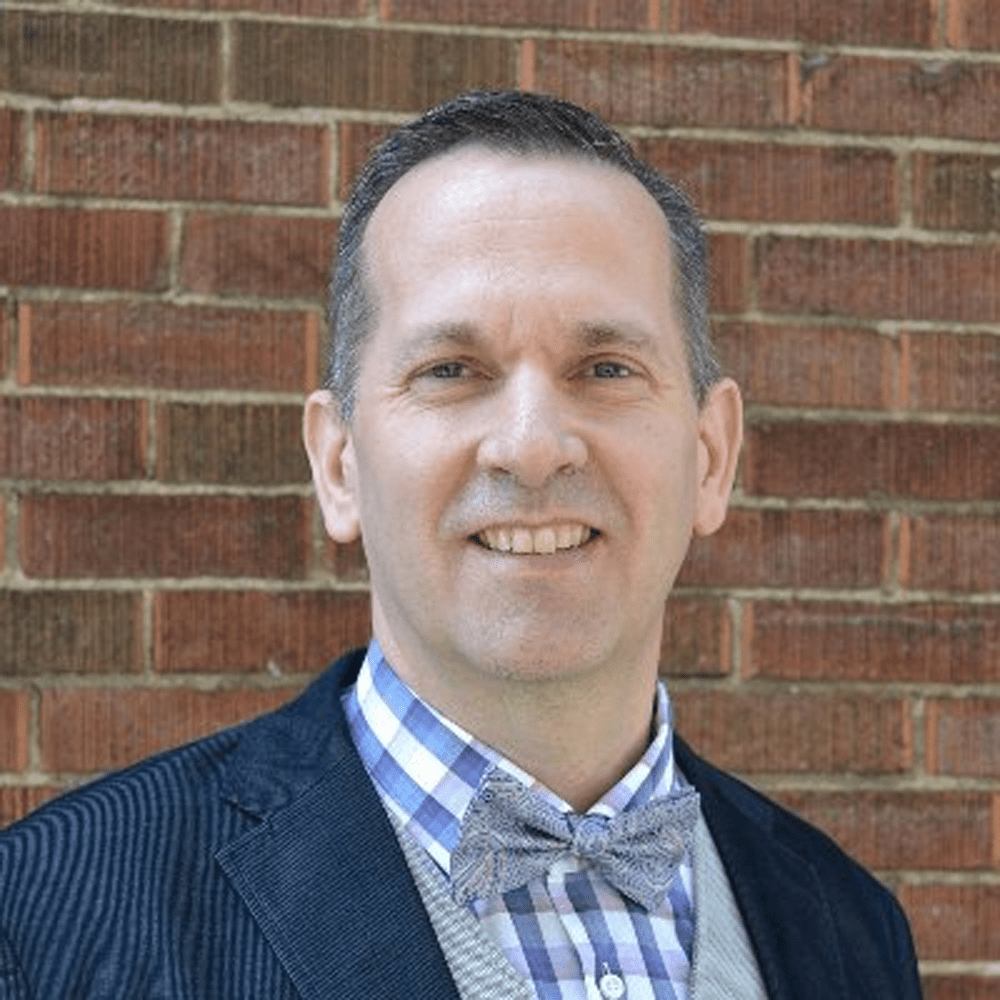For most of our history the idea of gravity did not exist. Things simply fell, reliably and consistently. We know much more about gravity today than we used to, thanks to Newton and his heirs,but gravity still retains a large measure of mystery. When it comes to invisible powers, it seems we are always working toward understanding, never arriving.
Trust is another such invisible phenomena. If gravity has to do with mass, trust has to do with social creatures. For humans, trust is a constitutive element of relationships. In fact, it cannot exist apart from a social context. It has always existed among us, reliably and consistently shaping and transforming us, yet our understanding of it remains, at best, partial.
One of the challenges of understanding trust is that, while real, it is difficult to measure and quantify. We may stop talking to someone who has violated our trust, or hand the keys of our house over to someone who has gained it. In both cases, we can see the consequences of trust (or its erosion), but just what that invisible force is remains an enigma.
But we can try to understand it. Scholars do this through the concept of social capital which holds on the twin interdependencies of who we know and how we evaluate who we know – trust. Yet how well “capitalized” we are can vary depending on the mass (number and density of relationships) and distance (how close those relationships are) of our networks.
The decrease of personal and institutional trust today is worrisome. Perhaps we need to expand our explorations of trust as one way to better understand and remediate increasing degrees of social isolation, a silent killer now believed to be as potent in shortening our lifespans as smoking or heart disease.
Elinor Ostrom saw social capital as an important part of explorations on how we negotiate our use of shared resources. She noted we are only in the early years of what may be a century-long exploration of the benefits of trust and belonging. If Newtonian physics was the first in a long line of steps that ended up with a man on the moon, perhaps today’s research on social capital will be a step in achieving something a little more quotidian, but no less important; bringing us closer to one another.



